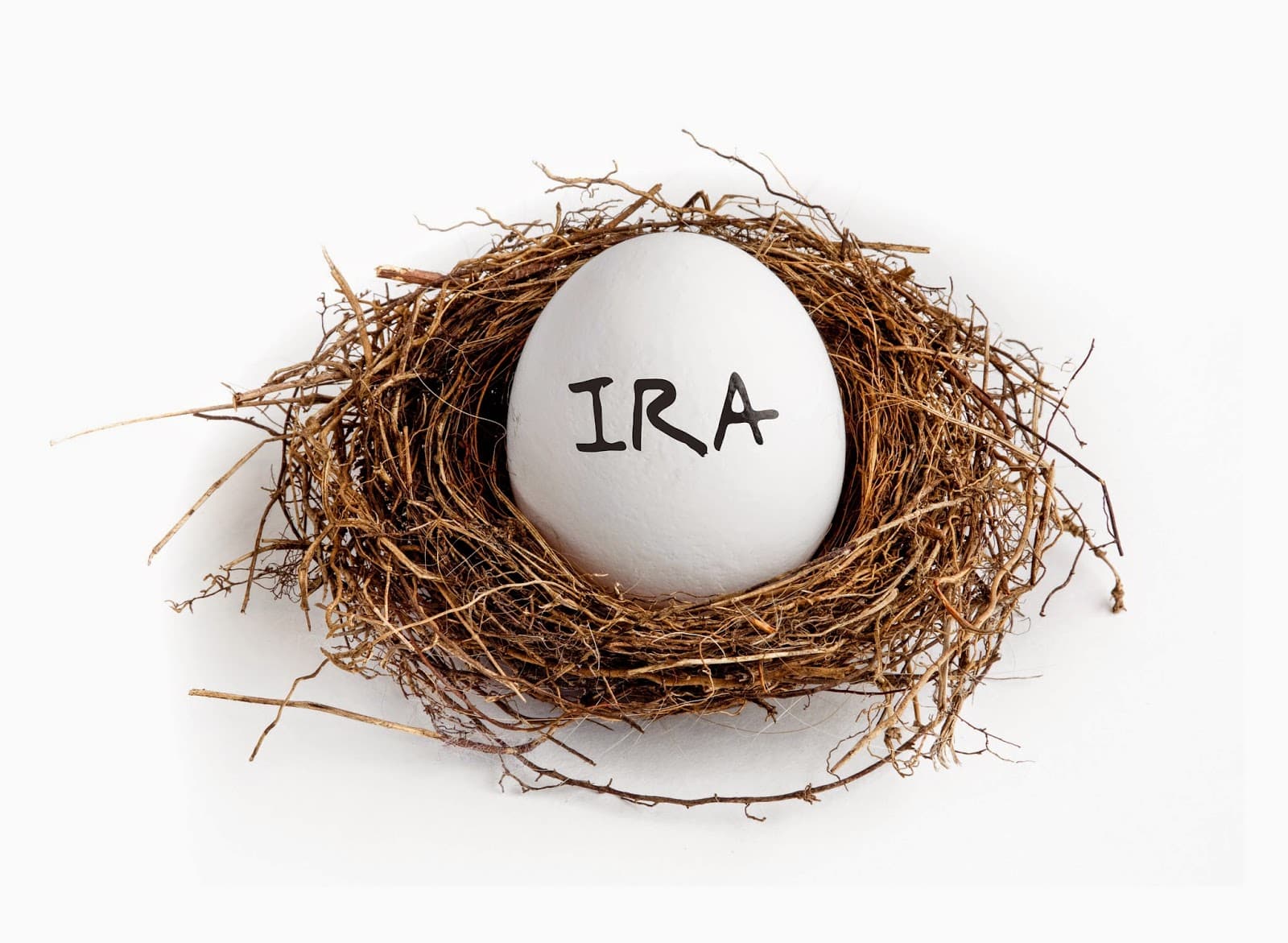Post

This week's
Slott Report Mailbag looks at how long you have to store year-end retirement account statements as well as how a spousal beneficiary should do if he or she decides to leave a deceased spouse's IRA separate from their own. Click to read this week's Q&A with our IRA Technical Consultant.
Read more
Post
On July 1, 2014 the Treasury Department released the long-awaited final regulations for Qualifying Longevity Annuity Contracts (QLACs). These new annuities will offer you a unique tool to help make sure you don't outlive your money. The QLAC rules, however, are a complicated mash-up of IRA rules and annuity rules, and you may need help in understanding their key provisions. To help you understand some of the most important aspects of QLACs, below are 3 critical QLAC questions and their answers.
Read more
Post
If you participate in a company retirement plan, such as a 401(k), there's a way you can take a distribution and get out of paying the 10% early distribution penalty if you're under age 59 ½ at the time of the withdrawal. The rule is sometimes called the “age 55 rule.” Click to learn more about this rule.
Read more
Post

We have talked about inheriting IRAs as a younger spouse as well as QLACs (qualified longevity annuity contracts) and their compatibility with IRAs now that they have meshed with IRA required minimum distribution (RMD) rules. Along with the articles below, we gathered in Chicago just over one week ago for a video roundtable to answer some of the frequently asked questions on the topics as well as provide advisors and consumers with an educational audio/visual component.
Read more
Post
Most of the time we are telling you how important it is to check IRA beneficiary forms to be sure they reflect your current planning objectives – such as the stretch IRA. It is also important to check the IRA agreement or an employer’s summary plan description (SPD) for the plan. Click to find out why.
Read more
Post

This week's
Slott Report Mailbag looks at potential annuities that can be rolled over to IRAsas well as a follow-up question on a younger spouse inheriting an IRA. Click to read this week's Q&A with our IRA Technical Consultant.
Read more
Post

The Beneficiary isn't the only thing you must check on your own or a client's beneficiary form. Here's a list of 3 other important things to make sure are present on the beneficiary form.
Read more
Post

You're allowed to name anyone as the beneficiary of your IRA. You’re also allowed to name a non-person as your IRA beneficiary. Examples of non-persons would include charities, a trust, or your estate. It is generally not a good move to name your estate as your IRA beneficiary.When you die, your estate includes the property that you owned at the time you died. It’s a legal entity that’s created after you die. Your executor must then pay your expenses and liabilities and distribute the balance according to your will.
Read more
Post

The question came up recently about combining inherited IRAs. The general rule is that you
can combine IRAs that you have inherited from the same person. So if you inherited two IRAs from your Mom, you could combine them into one inherited IRA. But if you inherited an IRA from your Mom and inherited an IRA from your Dad, you could not combine them. Sounds simple, right? Not quite.
Read more
Post

I’m still having a hard time believing it's true, but by the end of tomorrow, I'm going to become a father for the first time. I am obviously super excited and can't wait to experience all the joys – and even some of the pains – of fatherhood. I know that being a father is nothing to take lightly and there are many responsibilities. Some of the responsibilities are financially-oriented and for a few of those, there are tax efficient ways of achieving one's goals. Now obviously, everybody’s situation is different, but below are 3 tax-planning moves I plan to make as soon as possible once I become a father. Perhaps one or more of them is relevant for you and your planning.
Read more









